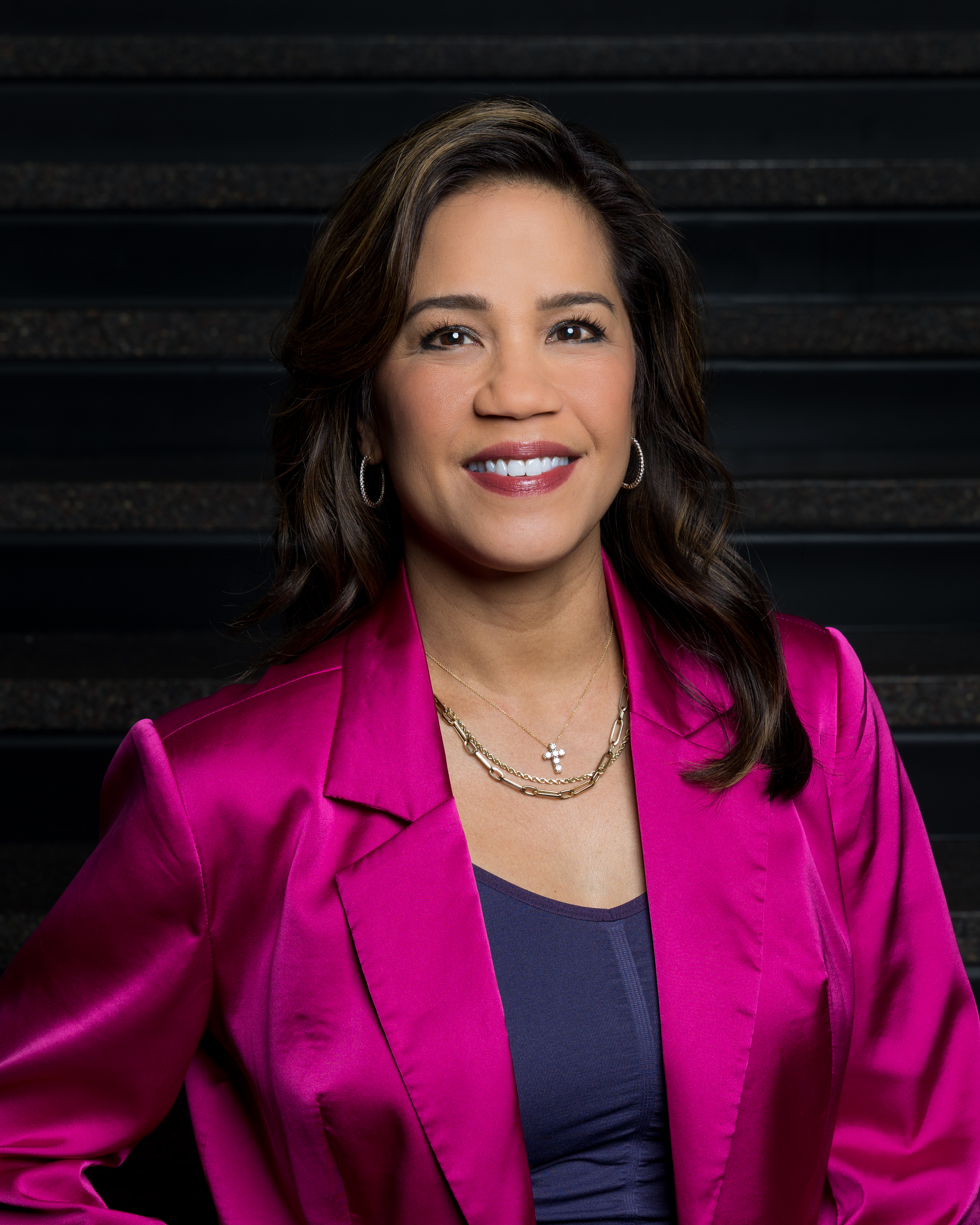
CHW Older Adult Care: Mentation Focus
Program Overview
This activity will prepare community health workers to connect older adults and their caregivers to essential resources needed to support their care. This is especially important in rural, underserved, and tribal communities.
According to AARP, “The population of the United States is rapidly aging. By 2030, one of every five people in the U.S. will be 65 or older. By 2035, the number of adults older than 65 will be greater than that of children under 18” (AARP, 2022). By 2060, that number is expected to climb to about 98 million, or nearly 25% of US residents.
Depression and dementia are growing public health concerns among older adults, as both conditions are often underdiagnosed and undertreated, especially in underserved communities. Depression in older adults is frequently mistaken for normal aging or goes unrecognized due to stigma, while dementia can progress silently, leading to late-stage diagnosis when fewer interventions are effective. Early symptoms, such as memory lapses, mood changes, or withdrawal, can be subtle, making it crucial to detect these issues sooner.
Earlier screening and referral are key to improving outcomes, as timely interventions can slow cognitive decline in dementia and improve the quality of life in depression. Community health workers (CHWs) play a pivotal role in addressing this gap by using screening tools to identify early signs within the community, fostering trust with older adults, and connecting them to care before these conditions become more debilitating. Through proactive screening and engagement, CHWs can help mitigate the impact of depression and dementia, improving mental health and cognitive well-being among older populations.
Learning Goal and Outcome
Learning Goal: Participants will increase their knowledge and skills to support older adults and caregivers in age-friendly and dementia-friendly care, especially in rural, underserved, and tribal communities.
Learning Outcome: Participants will be able to explain basic facts about dementia including Alzheimer's Disease using principles of age-friendly and dementia-friendly care. Participants will also gain strategies for connecting older adults and their caregivers to health care and community resources.
Funding
This project is supported by the Health Resources and Services Administration (HRSA) of the U.S. Department of Health and Human Services (HHS) under grant number U1QHP53050. Its contents are solely the responsibility of the authors and do not necessarily represent the official view of the Health Resources and Services Administration or the U.S. Department of Health and Human Services.
Target Audience
This activity is intended for community health workers.
Learning Objectives
When you complete this module, you will be able to:
- Explain a variety of hard and soft interactive education methods, tailored for different learning styles and age groups, to communicate dementia-related information in a health-literate manner effectively. (Knowledge Based - 1.5 hour)
- Deploy education methods to improve knowledge and/or change behavior. (Communication - 1.0 hour)
Disclosures
In accordance with the appropriate accrediting bodies, all planners, teachers, and authors with control over activity content are required to disclose to the provider any relevant financial relationships (those held by the person, currently or within the last 24 months) with ineligible interests. Accredited providers are required to provide this information to learners before the start of an activity. The University of North Texas Health Science Center at Fort Worth Division of Academic Innovation's office planning team nor the subject matter experts have anything to disclose.
Primary Authors

Teresa Wagner, DrPH, MS, CPH, RD/LD, CPPS, CHWI, DipACLM, CHWC
Associate Professor, Health Administration & Policy, School of Public Health
Associate Professor, Personalized Health & Well-Being, School of Health Professions
Interim Director and Clinical Executive for Health Literacy, SaferCare Texas
Director, Texas State Certified CHW/CHWI Training Program
University of North Texas Health Science Center at Fort Worth

Kate Taylor, DNP, FNP-C
Assistant Dean of Clinical and Outreach Affairs
Assistant Professor
College of Nursing
Adjunct Faculty
Texas College of Osteopathic Medicine
University of North Texas Health Science Center

Annabel Luna-Smith, MS, CHW & CHWI
Instructor
Lifestyle Health Sciences
College of Public Health
University of North Texas Health Science Center
Instructional Design
Brenda Wilson, MS, CHCP
Senior Instructional Designer
CE & Assessment Department, Division of Academic Innovation, University of Texas Health Science Center at Fort Worth
Brenda Wilson, MS, CHCP
Teresa Wagner, DrPH, MS, CPH, RD/LD, CPPS, FNAP, CHWI, DipACLM, CHWC
Annabel Luna-Smith, MS, CHW and CHWI
Kate Taylor, DNP, FNP-C, CPPS, FNAP
Teresa Wagner, DrPH, MS, CPH, RD/LD, CPPS, FNAP, CHWI, DipACLM, CHWC
Accreditation Statements
Approved for 2.5 hours Texas State-Certified CE Credit (1.5 hours Knowledge Base and 1.0 hour Communication) and aligning with the same C3 Core Skills in Oklahoma. Providing Communities with these C3 Core CHW Core Roles: 1) cultural medication among individuals, communities and health and social service systems 2) providing culturally appropriate health education and information.
Community Health Workers
This activity is Texas state-certified for 2.5 credits for community health workers.
Certificate of Attendance
The University of North Texas Health Science Center at Fort Worth certifies this activity for 2.5 hours of participation.
Available Credit
- 2.50 Community Health Worker (CHW)
- 2.50 HSC Participation
Price
Required Hardware/software
This activity is best experienced using the most current browser (or one back) of Firefox, Chrome, Safari, Internet Explorer, or Microsoft Edge. For all activities featuring audio, you must have a sound card and speakers. To view graphic images and references that appear in separate "pop-up" windows, you must have session cookies enabled on your computer. Adobe Acrobat Reader may be required for certain activities.
Accessibility Statement
If you require special assistance to participate in this activity, please call (817) 735-2539 or email: [email protected]. An Equal Opportunity University.

 Facebook
Facebook X
X LinkedIn
LinkedIn Forward
Forward